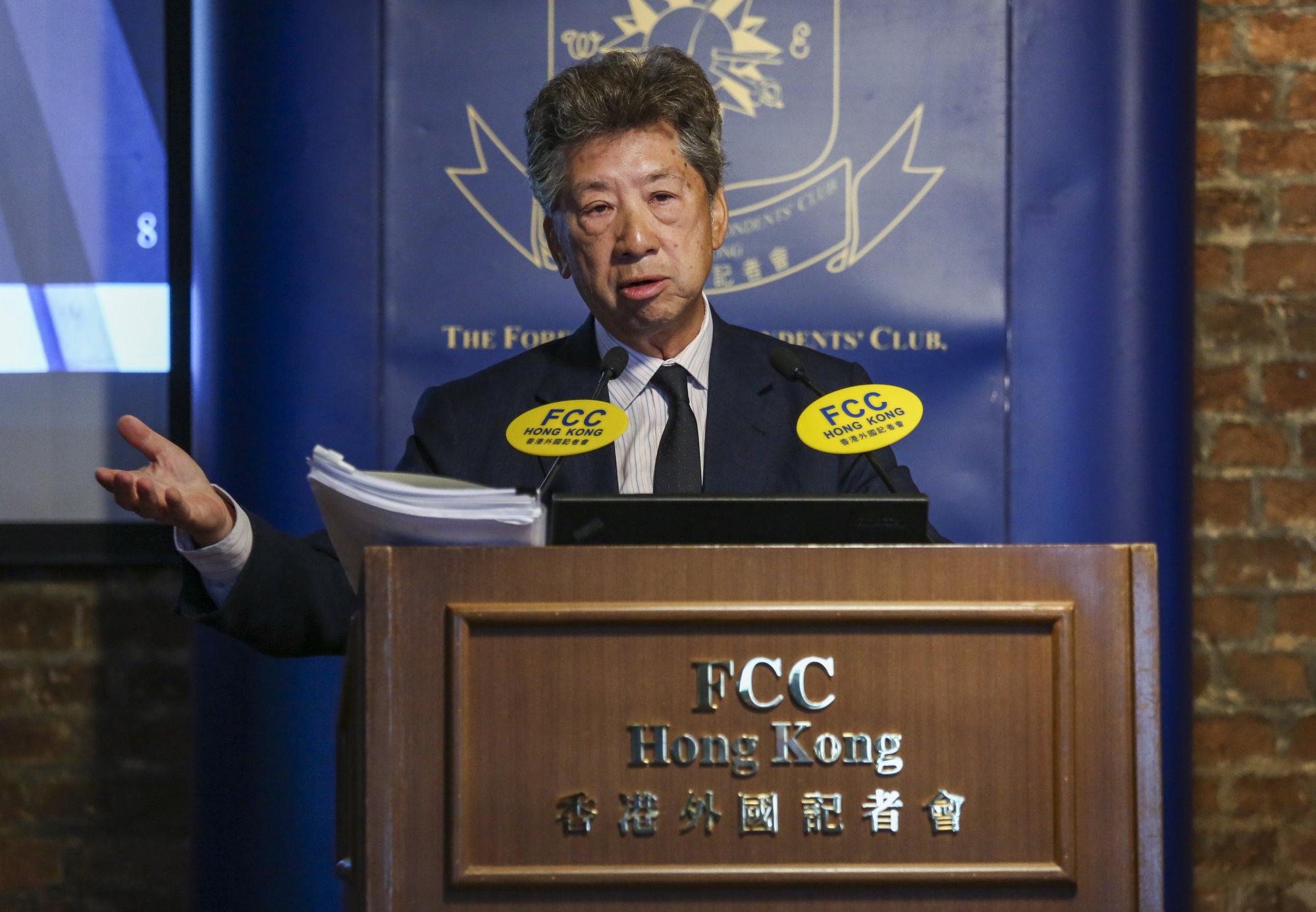
Explainer | Protest song ‘Glory to Hong Kong’ ban: what are the legal red lines? Experts weigh in on busking, ringtones, personal use
- Controversial song widely considered unofficial anthem of anti-government protests in 2019
- Post looks into whether song can still be played and under what circumstances
A court ban on the distribution of the controversial protest song “Glory to Hong Kong” has raised questions over the use of the tune, which can easily be accessed on the internet.
It also prohibits anyone from playing the song in a manner that could lead to it being “mistaken as the national anthem insofar as the [Hong Kong Special Administrative Region] is concerned” or suggest the city “is an independent state and has a national anthem of her own”.
The song is widely considered the unofficial anthem of anti-government protests in 2019.
The Post looks into whether it can still be played and under what circumstances.
1. Can you listen to the song privately?
Senior Counsel Ronny Tong Ka-wah, a member of Chief Executive John Lee Ka-chiu’s advisory Executive Council, said listening to the song for personal use was allowed.
“If one is just listening to the song, without distributing it or having any intention of secession, then it is not affected by the injunction order,” Tong said on Thursday.
He added that it was also fine to keep the song on personal devices.
“Police would not break into your home and arrest you because you have the song on your computer,” he said. “It really depends on what you do with the song.”
Professor Simon Young Ngai-man, a law professor at the University of Hong Kong, said it boiled down to one’s intent in using the music.
“Playing and listening to the song may be lawful for other purposes so long as it is not done with a seditious or secessionist intent, or an intent to insult the national anthem of China,” he told the Post.
2. Can the song be kept on internet platforms?
Tong said the song should be blocked from online platforms, as the injunction barred distribution of the song.
“If the song is put on an online platform and made available to everyone, this is an act of distributing the song,” he said.
As of Thursday evening, “Glory to Hong Kong” was still available on Apple, Spotify, YouTube. Its entry on Wikipedia also emerged as the second top result when the search term “Hong Kong national anthem” was used on Google.
3. Can it be used as a ringtone or hummed aloud in public?
Using the song as a phone ringtone could breach the injunction order, Tong warned.
“If the phone suddenly rings while you are on the MTR, many people would be able to hear the tune. This could be breaching the order ... it’s best to change the ringtone,” he said.
The same goes for humming the song on the streets. If the humming was meant to be heard by others, it could be seen as having criminal intent, Tong added.

4. Can the song be played as background music at cafes or for busking?
Young from HKU suggested that using the song for entertainment or leisure purposes could potentially be forbidden under the order.
“One would naturally ask of all the music in the world, why choose to play this song for entertainment and pleasure?” Young said.
“Such questions will naturally lead to further inquiry into the true intent behind the playing and use of the songs in such a context.”
5. What happens if the song is played by mistake as Hong Kong’s national anthem?
The protest song was mistakenly played instead of the Chinese national anthem, “March of the Volunteers”, at several major sports events in 2022 and 2023, including last year’s Ice Hockey Championship in Sarajevo.
Young said punitive action for broadcast errors would depend on whether one had an intention to insult China’s national anthem.
“If it is a genuine mistake, then I believe the consequence is political and not legal,” he said, adding that it would not be in breach of the order.

5. Can the song be used for academic or journalistic purposes?
The use of the song is not prohibited for academic or journalistic activities. But Tong said there is room for debate if the song was played on news programmes.
“Is it necessary to play the whole song or include subtitles of the lyrics too? With different levels of interpretation, one has to be careful,” he said.



